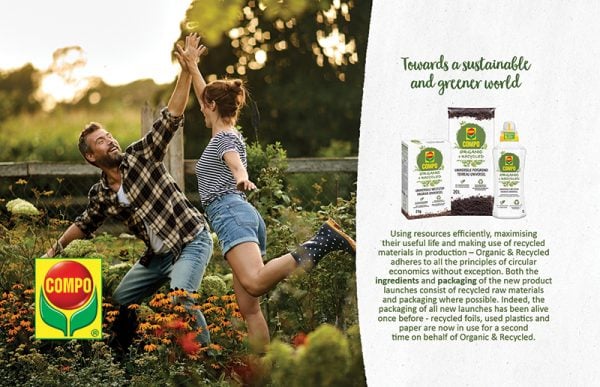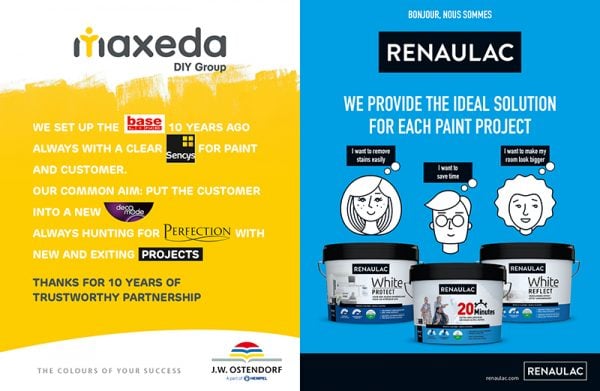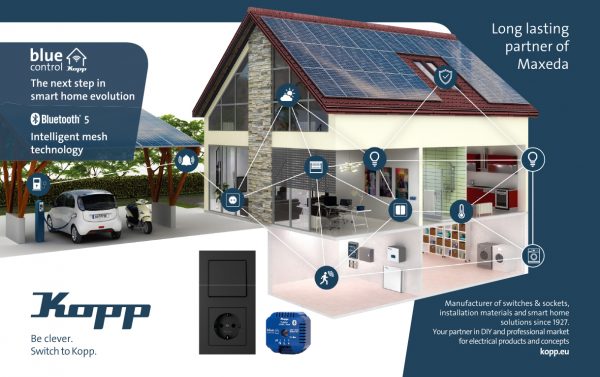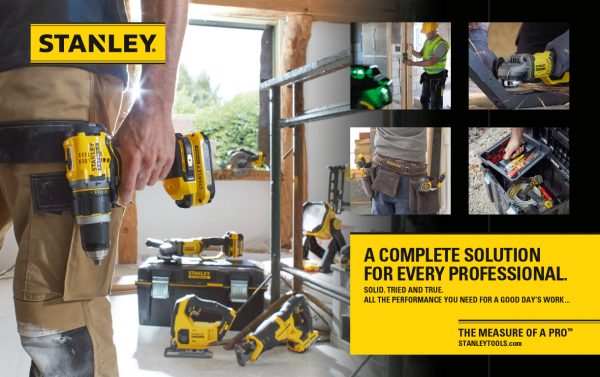Judging by the trending posts on social media during the height of the COVID-19 pandemic, every Tom, Dick and Harry became accomplished home cooks while cooped up indoors. But there was something else people were doing that didn’t quite gain as much attention online: home improvement.
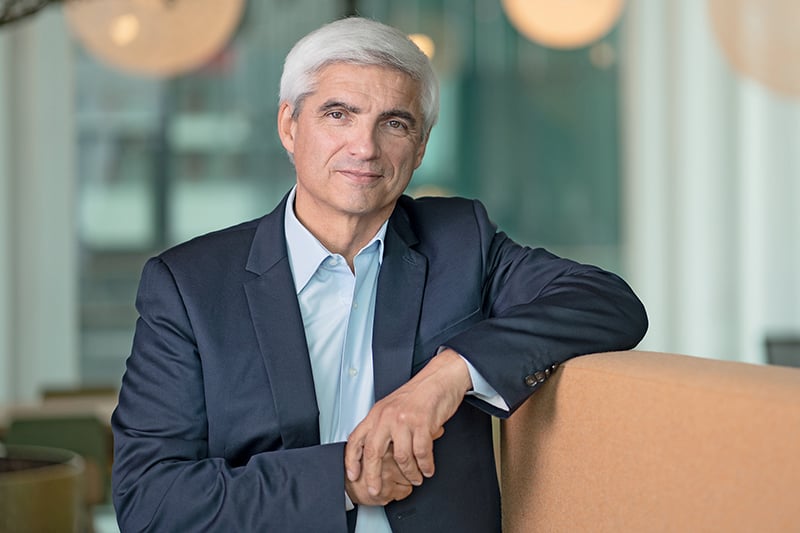
As the CEO of Maxeda DIY Group, the leading retailer of do-it-yourself in the Benelux region, Guy Golleau can attest to this. He recounts the firm’s experience with its branches in the Netherlands, where no full lockdown was imposed and stores were allowed to stay open.
“Many customers visited us during the pandemic to take the opportunity to start small home-improvement projects. These were usually minor decorating tasks or painting – nothing too complicated. We also saw new customers and a bigger proportion of the younger demographic than usual.”
Guy found this spike in popularity heartwarming – and it wasn’t just because it may lead to a healthier bottom line for the business. “There was a pride in having a role to play during the crisis,” he says.
The Maxeda DIY Group in numbers
Formerly Vendex KBB, Maxeda DIY Group came into being in 2011 to signify the firm’s shift to focus wholly on the DIY retail industry. Prior to this change, Vendex was the Netherlands’s largest non-food retailer with diversified interests including in fashion, consumer electronics and even recruitment.
1 – where Maxeda ranks in the Benelux market for DIY retail
10 – the number of brands carried in-store that are owned by and exclusive to Maxeda
345 – the total number of Maxeda stores across the Benelux region
7,000 – the size of the workforce at Maxeda DIY Group
1.5 million – the total number of customers Maxeda sees weekly
“Of course, we cannot compare what we have done to the contributions of medical workers, but we helped people feel better at home, which was a positive thing.” Equally heartening was the sight of younger customers in the stores.
“There is a belief in our industry that our customers are getting older, that young people are no longer interested in DIY,” Guy reveals. “I think that the coronavirus has turned this phenomenon on its head. Not only were our younger customers doing home-improvement projects to keep themselves occupied, they were discovering the joy in it. Even after lockdown rules were relaxed, the trend did not abate.”
No doubt, COVID-19 is an unprecedented event, but Guy is one who thrives on the exhilaration of unexpected challenges. “I love being in an environment that constantly forces me to adapt. I love complexity,” he professes.
In fact, the unpredictability of the retail environment is what has kept him fascinated by the industry for three decades. Prior to his role at Maxeda, he has held various leadership positions in other DIY retail giants, including Leroy Merlin, Castorama and Kingfisher.
Embracing change
Guy’s strategy for overcoming obstacles, whether during a pandemic or not, has always centred around flexibility. “I have said that the main concern for Maxeda in the past is how we adapt to new situations that challenge the learnings or beliefs we have accumulated over many years in the industry.”
Sometimes, this may mean acknowledging that a previously made decision is not right for current circumstances and being willing to change their minds.
Take, for example, the consolidation of the firm’s two brands into one in the Netherlands that began a couple of years ago; Formido stores were integrated into Praxis as the latter retail concept rapidly expanded its presence across the country.
More recently, the business’s adaptability can be seen in its response to COVID-19 restrictions in different territories. As stores could remain open in the Netherlands, the only changes required were social-distancing measures.
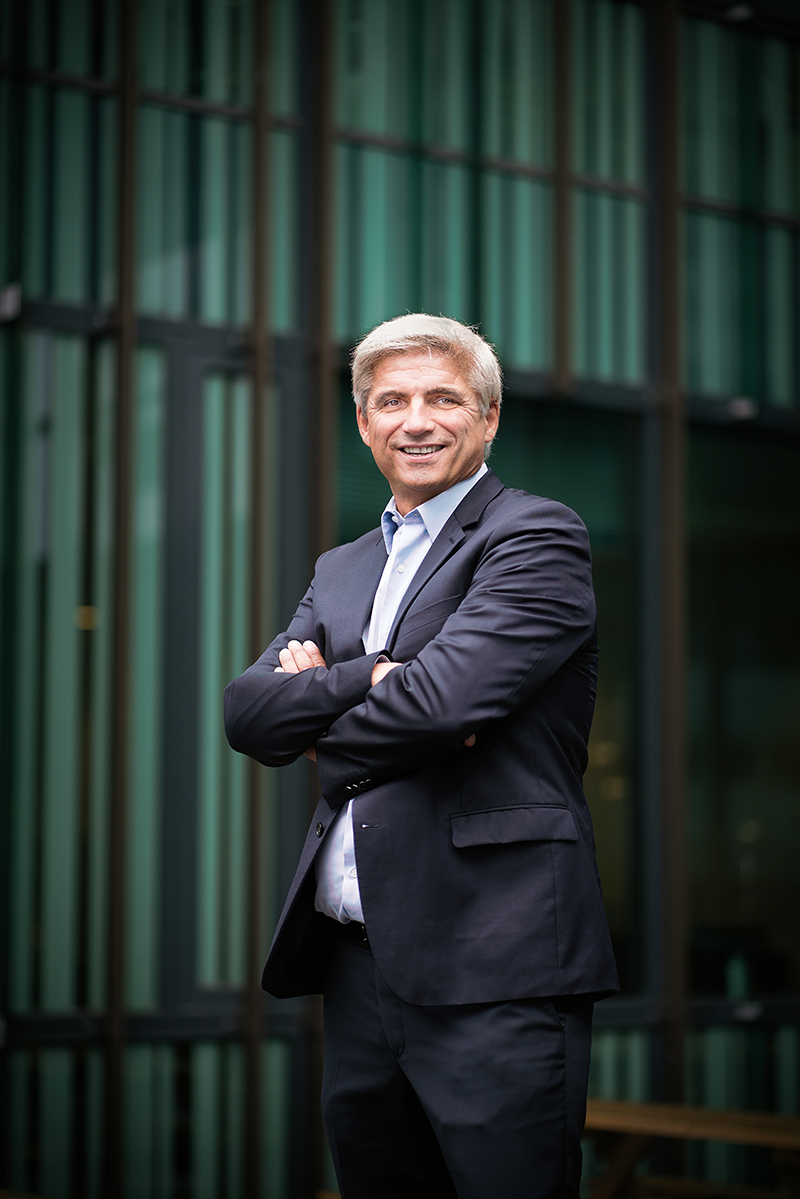
In Belgium, where all stores except for those selling food were required to close, Maxeda had to react quickly to provide alternative retail solutions. “We had to develop our online capacities at a speed that we never had to before,” Guy tells.
“It was amazing to see the energy within the company with our people working to find solutions even where it was easy to believe there were none.” Incidentally, the organisation’s structure also facilitates flexibility.
“We are a company operating in different formats in three different countries,” Guy points out. He is referring to the firm’s diverse retail concepts – Brico, BricoPlanit, Praxis, and Praxis Mega & Tuin.
Brico has 140 locations in Belgium with an average floor area of 2,500 square metres. BricoPlanit, on the other hand, is a big-box concept with a smaller geographical presence – it has just 13 stores in Belgium but a much larger average floor area of 8,000 square metres displaying a comprehensive range of more than 40,000 products.
Praxis Mega & Tuin are Praxis megastores attached to a garden centre. “With so many different formats, we open ourselves to a bigger market and broader range of customers than if we have only one type of store,” he says.
Mastering technology
Perhaps just as important as adaptability is a business’s receptiveness to technology. “We are going through a transformation,” Guy reveals. “Retail is not the same today as it was a few decades ago due to the rise of ecommerce and the availability of data.”
The company has invested heavily in digital transformation in recent years. One example is a stock management system that gives accurate information about product movements in stores to reduce incidences of over- or under-stocking.
It was amazing to see the energy within the company with our people working to find solutions even where it was easy to believe there were none.
“When it comes to customer relationship management and predicting customer behaviour, there’s a lot we can do now that was impossible 15 years ago,” Guy says. Increased connectivity has also allowed Maxeda to think outside the box, not only with instore solutions but also with getting its products to customers.
“We have considered dropshipping, which is having the supplier deliver the product directly to the customer without passing through us,” Guy reveals.
“Everything is evolving at such a high speed. We have to be more flexible than before in order to improve our customer proposition. We are committed to providing new solutions that improve the quality of our customer experience, which we will drive out not just through our physical stores, but also through ecommerce. This is the only way to build a truly multi-format, multi-channel company.”
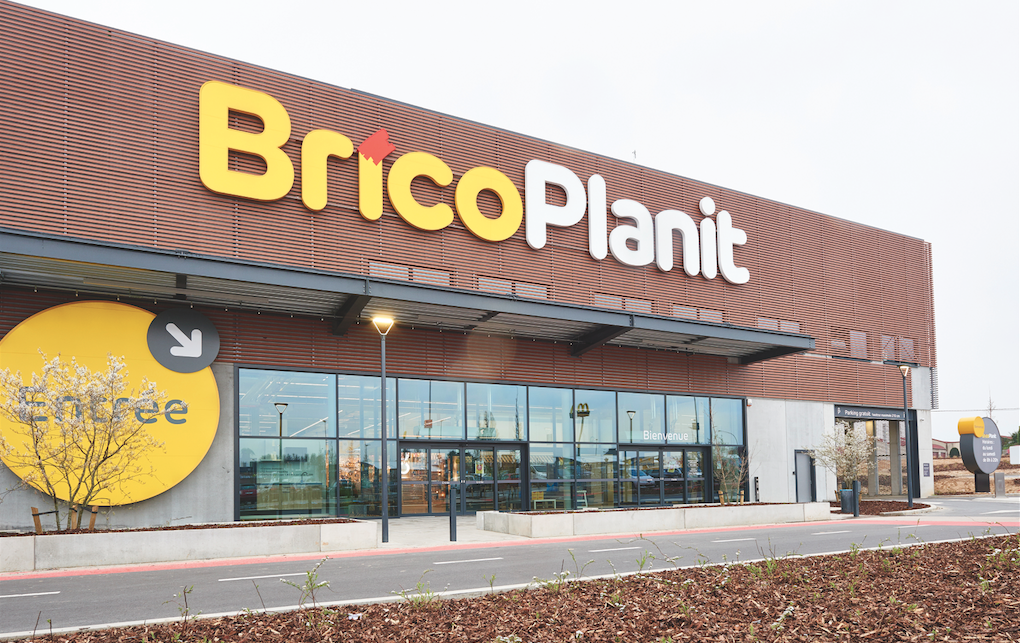
The new emphasis on technology even has a trickle-down effect on Maxeda’s traditional retail strategy. Having to split resources between digital transformation and traditional retail has made the team more careful about ensuring every investment counts.
Lessons from a crisis
COVID-19 dealt a big blow to businesses around the world. Maxeda, like many other companies, has had to adapt. Guy shares three lessons he learned from successfully pulling the business through a period of unprecedented difficulty.
1) Never be afraid to change your mind
“Sometimes, we would make a decision on Monday, only to do the complete opposite on Wednesday,” he recalls. “This was something that, emotionally, would have been quite hard to do before the crisis because it’s not easy to quickly recognise that you are not going the right way. We had to remain open to changing our minds depending on the evolution of the situation.”
2) There is a more sustainable way of working
“Commuting – driving or taking the train – is a waste of time. It also creates pollution,” Guy says. “If we could implement working from home more, it would lower our overall carbon footprint. It would be a good step for the community. If the thousands of employees working various companies decide to do the same, it will mean fewer cars on the roads and less carbon in the air.”
3) A crisis can be a blessing in disguise
“Switching to working from home required a big change in mindset. It’s the type of topic that sees a lot of resistance,” Guy admits. “But we were obliged to discover what working from home was like, and although many managers were against the idea at the beginning, they recognise now that it can represent an opportunity for the future.”
“We need to have the best network and make the most of arbitrage. This means that, sometimes, we will close stores in order to open at better locations,” Guy says. “I feel that quality is the key point here. We can no longer accept average. We are pushed to be cautious yet bullish in the way we invest the company’s money.”
Taking care of home
As a DIY retail firm that is all about helping people create better homes, it’s befitting that Maxeda is a proponent of taking care of our home planet. “It’s an important topic that we have been working on for a long time,” Guy attests.
The firm began to ramp up its sustainability efforts as far back as 2012, when it made a large investment in its logistics and warehousing solutions. By putting in additional racking, improving its IT system and revising the layout in its distribution centre, Maxeda managed to deliver all its goods in a single fleet instead of multiple ones, cutting more than 500,000 kilometres in shipping distance compared to 2011.
The same year, it also embraced cross-docking, a strategy in logistical management that involves unloading goods from incoming shipments directly onto distribution vehicles, therefore cutting out the need for storage space in between.
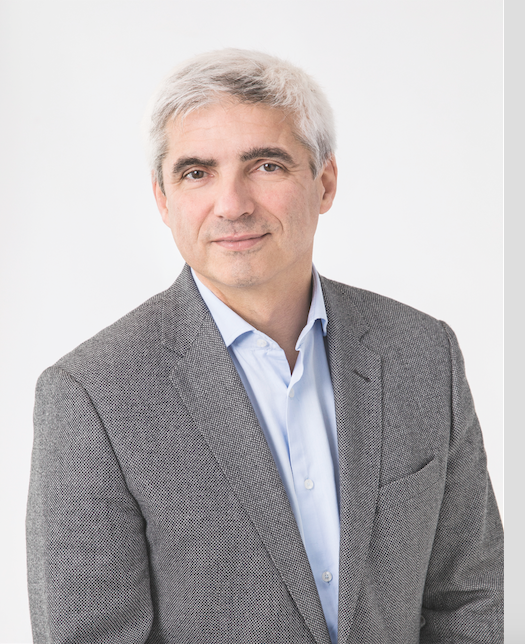
These were just some of the changes that produced impressive results by the end of 2012 – the firm reduced the distance travelled by its delivery vehicles by three million kilometres and cut more than 2.5 million kilograms of carbon.
Today, sustainable practices guide every aspect of the business, from the manufacture of products to their usage and finally, when they are discarded as waste. The company has a strict business code to use only sustainable or renewable raw materials.
This applies especially to wood – the firm buys only wood products certified by recognised initiatives such as the Programme for the Endorsement of Forest Certification and the Forest Stewardship Council.
In addition, it is also big on recycling and has designated collection bins for used batteries and electrical waste in its stores. “We are now able to take back all used electrical products from our customers to ensure that they are recycled in the safest and most appropriate way,” Guy says.
Corporate social responsibility (CSR) projects are recognised as a necessary part of Maxeda’s operations. One of the firm’s noteworthy long-term CSR schemes is a collaboration with Gered Gereedschap, a Dutch not-for-profit organisation that works to support vocational training in underprivileged areas.
We can no longer accept average. We are pushed to be cautious yet bullish in the way we invest the company’s money.
For the past 20 years, Maxeda has made available collection bins for used hand tools at more than 150 of its Praxis stores. Once collected, these tools are brought to Gered Gereedschap’s workshops, where they are repaired and donated to trainee carpenters, mechanics and students on various vocational courses in communities in need in Africa. In 2019 alone, more than 150,000 hand tools were recovered by the scheme.
Finding strength in numbers
At the end of January 2020, Maxeda announced its new partnership with A.R.E.N.A. Alliance, an international organisation for DIY retailers that aims to facilitate sourcing, price negotiation and quality control for its members.
Some member firms include Hagebau from Germany, Jumbo from Switzerland and Bricofer from Italy. “These are European companies that are quite similar to us in their DNA and the way they conduct business,” Guy explains.
“We are developing a working relationship so that we can negotiate together with suppliers, secure a better assortment of products and create more opportunities. That’s the philosophy of this alliance and a great new way of working for us.” He points out that in today’s highly competitive market, it is becoming increasingly challenging for firms to gain a foothold in new territories and expand.
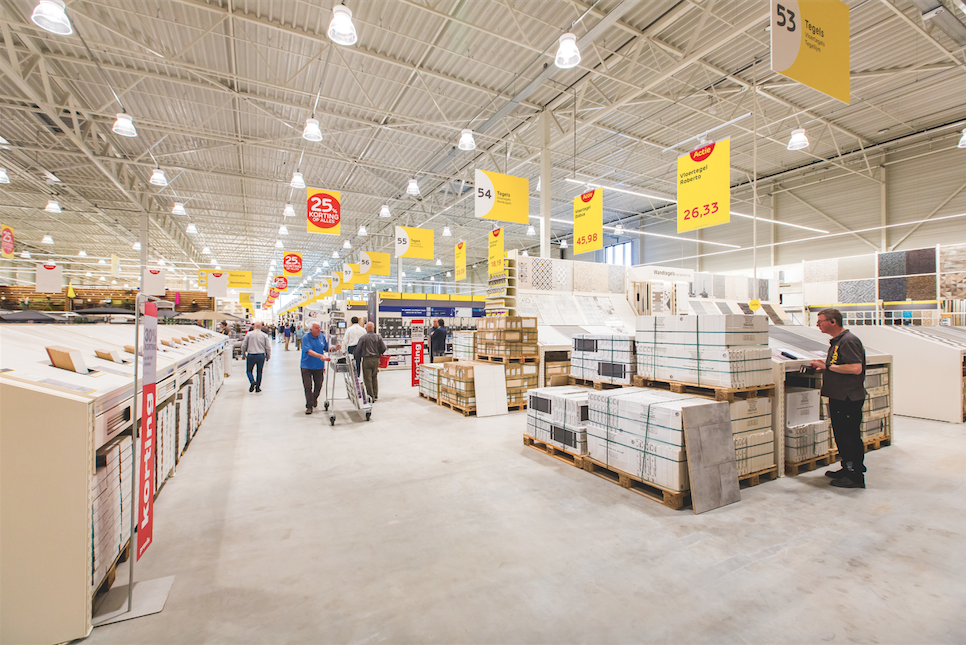
“We can get inspired about how we intend to develop our businesses. Even though the rules of doing business may be different in other countries, it still gives us a larger and broader view of what is happening in the industry.”
By coming together and acting as a much larger entity, the alliance should result in more opportunities for its member companies. “The combined customer sales and buying power of the brands under A.R.E.N.A. rank third in Europe, just behind Groupe Adeo and Kingfisher. It’s a position Maxeda can’t get into on its own,” Guy explains.
“We are a business worth a little less than two billion euros, which is quite small compared to Adeo and Kingfisher. Joining A.R.E.N.A. immediately puts us in a different position when looking for supply chain opportunities. It also opens us to new ways of thinking.”
Proudly supported by:
